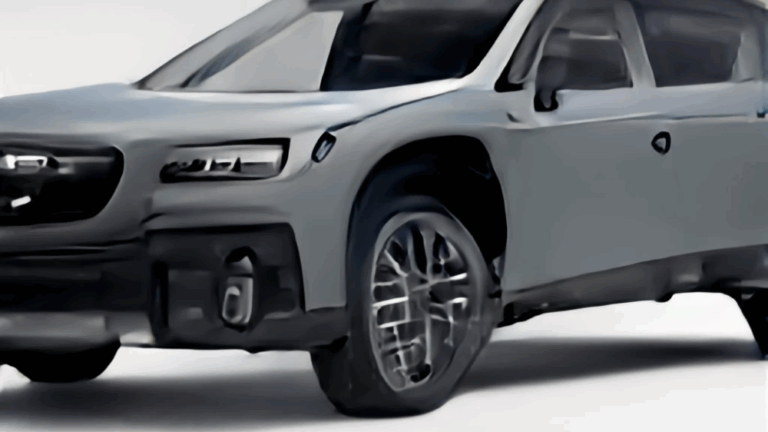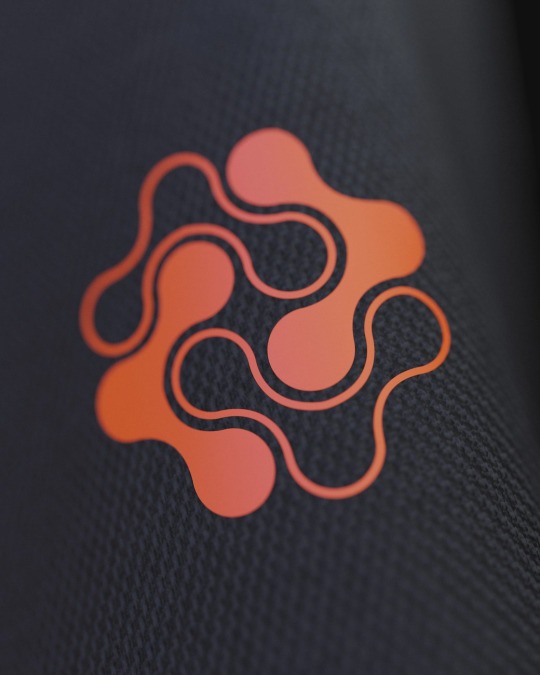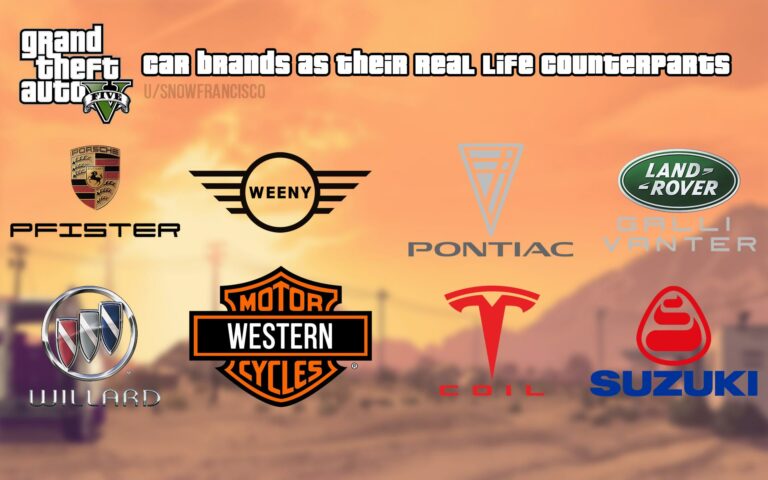Good Car Tint Brands: A Comprehensive Guide to Enhancing Your Vehicle
Good Car Tint Brands: A Comprehensive Guide to Enhancing Your Vehicle cars.truckstrend.com
Car window tinting is more than just a stylistic choice; it’s a practical enhancement that offers a multitude of benefits, from protecting your skin and car interior from harmful UV rays to increasing privacy, reducing heat, and improving the overall aesthetic of your vehicle. However, the performance and longevity of your car tint depend almost entirely on the quality of the film and the expertise of its installation. Choosing a "good car tint brand" is paramount to ensuring you reap these benefits for years to come without issues like bubbling, peeling, or fading. This comprehensive guide will delve into what makes a tint brand good, explore the top contenders in the market, and provide essential advice for making an informed decision.
Understanding Car Tint Types: The Foundation of Performance
Good Car Tint Brands: A Comprehensive Guide to Enhancing Your Vehicle
Before diving into specific brands, it’s crucial to understand the different types of window films available, as each offers unique characteristics and benefits.
- Dyed Tint: This is the most basic and affordable type, made by adding dye to the film. While it provides privacy and some glare reduction, its heat rejection capabilities are minimal, and it’s prone to fading and purpling over time.
- Metalized Tint: These films incorporate tiny metallic particles to reflect heat and UV rays. They offer superior heat rejection and durability compared to dyed tints but can interfere with electronic signals (GPS, radio, cell phones) due to their metallic content.
- Carbon Tint: Composed of carbon particles, these films offer a matte finish that resists fading and provides excellent heat rejection without signal interference. They are more durable than dyed films and maintain their color well.
- Ceramic Tint: Considered the premium choice, ceramic tints are infused with microscopic, non-conductive ceramic particles. They offer the highest level of heat rejection (specifically infrared light), superior UV protection, and excellent clarity without interfering with electronic signals. They are also highly durable and resistant to fading.
- Hybrid Tint: As the name suggests, these films combine layers of dyed film with a thin layer of metalized film, attempting to balance cost, performance, and reduced signal interference.
- Crystalline Tint: While not technically a "tint" in the traditional dark sense, crystalline films are virtually clear yet offer exceptional heat and UV rejection. They are ideal for drivers who want the benefits of tinting without altering the vehicle’s appearance or for windshields where dark tint is illegal.
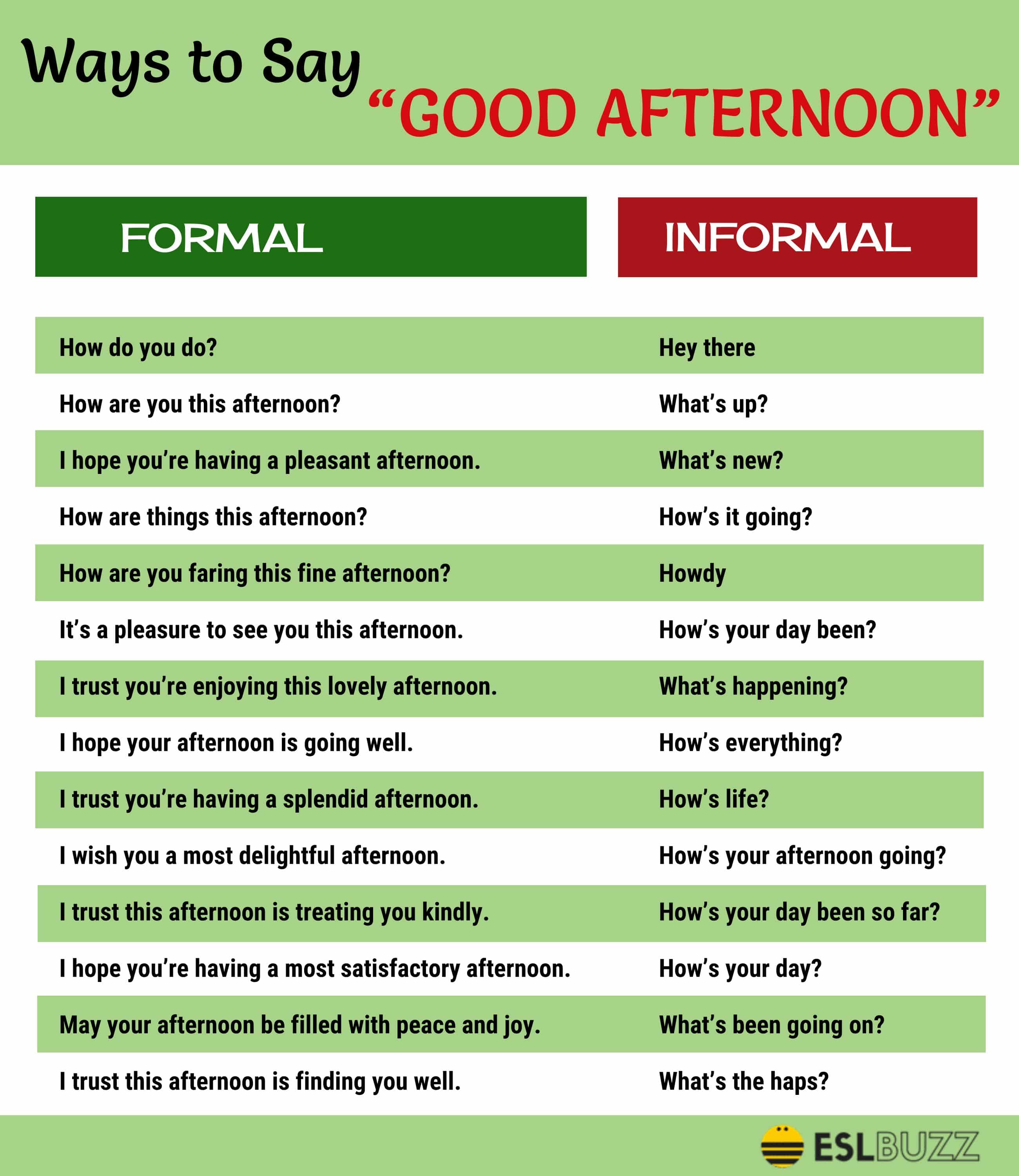
The Multifaceted Benefits of Quality Car Tint
Investing in a quality car tint from a reputable brand brings a host of advantages:
- Superior UV Protection: High-quality tints block up to 99% of harmful UVA and UVB rays, protecting your skin from sun damage and significantly reducing the fading and cracking of your car’s interior (dashboard, upholstery, carpets).
- Significant Heat Reduction: Ceramic and high-performance carbon films can drastically reduce the amount of solar heat entering your vehicle, making your cabin cooler and more comfortable, especially in hot climates. This also lessens the strain on your air conditioning, potentially improving fuel efficiency.
- Enhanced Glare Reduction: Tinting reduces harsh glare from the sun, headlights, and reflective surfaces, improving visibility and reducing eye strain, which contributes to safer driving.
- Increased Privacy and Security: Tinted windows make it harder for outsiders to see into your vehicle, protecting your privacy and deterring smash-and-grab thefts by concealing valuables.
- Aesthetic Enhancement: A professionally installed tint gives your car a sleek, sophisticated, and unified appearance, boosting its overall curb appeal.
- Shatter Resistance: In the event of an accident or impact, window film can help hold shattered glass together, preventing dangerous shards from flying and injuring occupants.
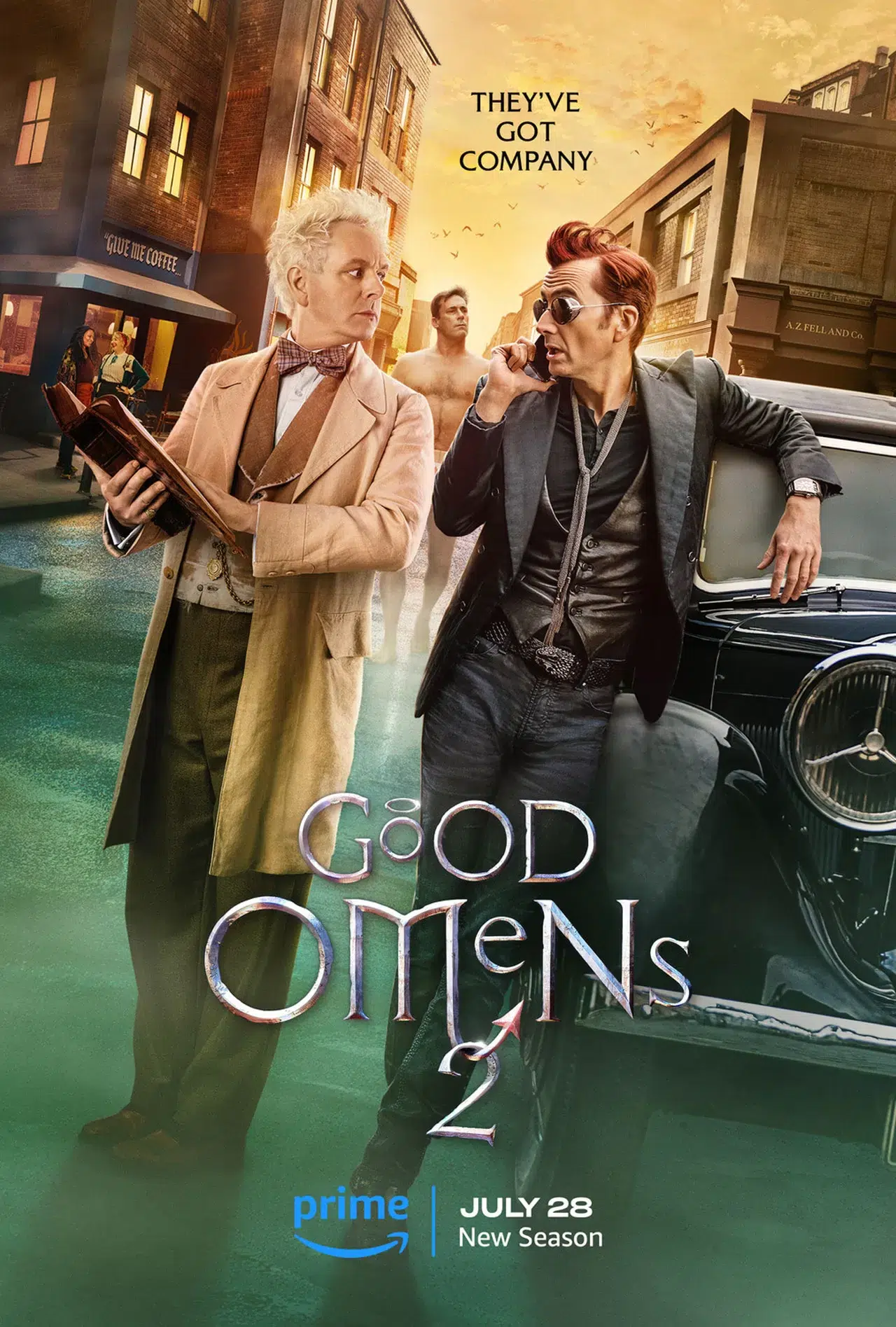

What Makes a Car Tint Brand "Good"?
Not all tint films are created equal. A "good" car tint brand distinguishes itself through several critical factors:
- Durability and Longevity: A premium tint should resist common issues like bubbling, peeling, cracking, and fading (especially to purple or brown hues) for many years, ideally for the lifetime of the vehicle.
- Performance Metrics: Look for brands that provide clear data on their films’ performance, such as Total Solar Energy Rejected (TSER), Infrared Rejection (IR), and UV blocking percentages. Higher numbers generally indicate better performance.
- Optical Clarity: A good tint should provide clear, undistorted vision from inside the vehicle, without haze, streaks, or a "orange peel" effect.
- Warranty: Reputable brands offer comprehensive lifetime warranties against defects like bubbling, peeling, cracking, and fading. This warranty should be honored by authorized dealers.
- Adhesive Quality: The adhesive system is crucial for long-term adhesion and preventing common issues like bubbling and peeling. Good brands use high-quality, stable adhesives.
- Compliance with Laws: While the brand itself doesn’t control laws, good brands offer a variety of VLT (Visible Light Transmission) percentages to help consumers comply with state and local regulations.
- Reputation and Innovation: Established brands often have a history of research and development, continuously improving their film technology and maintaining a strong reputation among installers and consumers.
- Professional Dealer Network: A good brand typically partners with certified, professional installers who have the expertise and equipment to apply the tint correctly, which is as important as the film quality itself.
Top Car Tint Brands to Consider
When it comes to quality, performance, and reliability, a few brands consistently stand out in the automotive tint industry:
- 3M: A pioneer in window film technology, 3M offers a diverse range of films. Their Crystalline Series is renowned for its exceptional heat rejection while being virtually clear, making it perfect for windshields or those who prefer no dark tint. The Ceramic IR Series provides excellent heat rejection with a darker appearance, while Color Stable offers a deep, non-fading charcoal look. 3M films are known for their innovation, optical clarity, and robust warranties.
- Llumar (and FormulaOne): Part of Eastman Performance Films, Llumar is a highly respected name with a vast network of authorized dealers. Their FormulaOne line (especially Pinnacle and Stratos) is their premium offering, known for outstanding ceramic technology, superior heat rejection, and clarity. Llumar also offers reliable carbon and dyed films like ATC and ATR. They are known for consistent quality and performance.
- XPEL: While famous for their paint protection films (PPF), XPEL has quickly become a top contender in the tint market with their Prime XR Plus and Prime XR Black ceramic lines. These films boast exceptional IR rejection and optical clarity, making them a premium choice for those seeking the best performance.
- Huper Optik: A German-engineered brand, Huper Optik specializes in multi-layered ceramic and spectrally selective films. Their Ceramic Series and Select Series are known for their unique technology that maximizes heat and UV rejection while maintaining excellent light transmission, offering superb performance and a natural appearance.
- SunTek: Also an Eastman brand, SunTek offers a comprehensive range of films known for their value and performance. Their Evolve and CXPe ceramic films provide excellent heat rejection and clarity, while their Carbon and Standard Pro lines offer reliable, more affordable options. SunTek provides a good balance of quality and cost-effectiveness.
- Geoshield: An emerging brand that has quickly gained recognition for its high-performance ceramic films. Their Pro-Nano and C² lines offer excellent heat rejection and clarity, often at a more competitive price point than some established premium brands, making them a strong value proposition.
- Rayno: A Korean brand that has made a significant impact with its innovative nano-carbon ceramic technology. Rayno’s Phantom S9 and S7 films are celebrated for their exceptional heat rejection, durability, and optical clarity, providing a premium experience with advanced technology.
Choosing the Right Tint for Your Needs: Practical Advice
Selecting the best tint for your vehicle involves more than just picking a brand. Consider these practical steps:
- Define Your Priorities: Are you primarily seeking heat rejection, privacy, UV protection, aesthetics, or a balance of all? Your priorities will guide your film type choice (e.g., ceramic for maximum heat rejection).
- Understand Local Laws: Every state and sometimes even local municipality has specific laws regarding Visible Light Transmission (VLT) for car windows. Research your local regulations thoroughly to avoid fines. A reputable installer will also be knowledgeable about these laws.
- Consult with Professionals: Visit several reputable tint shops. Ask questions, look at their portfolios, and ask for recommendations based on your needs and budget. A good installer will explain the differences between films and help you comply with local laws.
- Ask for Samples: Most tint shops will have samples of different films applied to glass. This allows you to see the true color, clarity, and darkness of the film before installation.
- Check Warranties: Ensure the film comes with a manufacturer’s lifetime warranty against bubbling, peeling, cracking, and color change. Understand what the warranty covers and how to make a claim if necessary.
- Read Reviews: Look for online reviews of both the tint brands and, crucially, the specific installation shop. Even the best film can look terrible if poorly installed.
Installation and Maintenance Tips
- Professional Installation is Key: While DIY kits exist, achieving a flawless, long-lasting tint job requires specialized tools, a clean environment, and significant experience. Professional installation is highly recommended for optimal results and to validate warranties.
- Observe Curing Time: After installation, do not roll down your windows for at least 3-5 days (or as advised by your installer). This allows the adhesive to fully cure and prevent the film from shifting or peeling.
- Use Ammonia-Free Cleaners: Ammonia-based glass cleaners can damage window film over time. Always use tint-safe, ammonia-free cleaners and a soft microfiber cloth for cleaning.
- Avoid Abrasives: Do not use abrasive cloths, sponges, or harsh chemicals on your tinted windows, as these can scratch or damage the film.
Car Tint Brands: Comparative Price and Feature Table
This table provides a general overview of popular good car tint brands, their key offerings, and relative price points. Actual prices will vary significantly based on vehicle type, film series, installer, and location.
| Brand Name | Key Film Types/Technologies | Primary Benefits | Typical Price Range (Relative) | Warranty | Notes |
|---|---|---|---|---|---|
| 3M | Crystalline, Ceramic IR, Color Stable, FX PP | Top-tier heat rejection, UV block, non-metalized options, optical clarity | High | Lifetime | Pioneer in film tech, wide range for various needs. |
| Llumar | FormulaOne (Pinnacle, Stratos), ATC, ATR, CTX | Excellent heat/glare reduction, clarity, diverse options, strong dealer network | Medium-High | Lifetime | Industry leader, consistent performance, reputable. |
| XPEL | Prime XR Plus, Prime XR Black | Exceptional IR rejection, superior optical clarity, premium ceramic performance | High-Premium | Lifetime | Primarily known for PPF, their tints are top-tier ceramic. |
| Huper Optik | Ceramic Series, Select Series | Multi-layered ceramic, superior heat rejection, natural look, high clarity | High-Premium | Lifetime | German engineering, focus on advanced ceramic tech. |
| SunTek | Evolve, CXPe, Carbon, Standard Pro | Good value, solid heat rejection, diverse options, reliable performance | Medium | Lifetime | Part of Eastman, offers good balance of quality and price. |
| Geoshield | Pro-Nano, C², Cerami-Kool | High-performance ceramic, excellent heat rejection, good value proposition | Medium-High | Lifetime | Emerging brand with strong ceramic offerings, gaining popularity. |
| Rayno | Phantom S9, S7, S5 | Nano-carbon ceramic, good IR rejection, clarity, advanced technology | Medium-High | Lifetime | Korean brand, innovative approach to ceramic film. |
Relative Price Range: "Medium" (e.g., $200-400 for a sedan), "Medium-High" (e.g., $400-600), "High" (e.g., $600-800+), "Premium" (e.g., $800+ for a full car, potentially much more for Crystalline/high-end films).
Frequently Asked Questions (FAQ)
Q: How long does car tint last?
A: High-quality tints from reputable brands, when professionally installed, typically last for 5-10 years or even the lifetime of the vehicle, backed by a manufacturer’s warranty. Cheaper films may only last 1-3 years before fading or bubbling.
Q: Can I tint my own car?
A: While DIY tint kits are available, achieving professional, bubble-free, and long-lasting results is extremely difficult for an amateur. Professional installation is highly recommended to ensure quality, longevity, and proper warranty coverage.
Q: What’s the main difference between ceramic and carbon tint?
A: Both offer good heat rejection and don’t interfere with electronic signals. Ceramic tint generally offers superior heat rejection (especially infrared) and optical clarity, often at a higher price point. Carbon tint provides a nice matte finish and good performance at a more affordable price.
Q: Will tint interfere with my GPS, radio, or cell phone signal?
A: Metalized tints can interfere with electronic signals. However, carbon, ceramic, and crystalline tints are non-metalized and will not cause interference with GPS, radio, cell phones, or key fobs.
Q: How do I choose the right VLT percentage for my car?
A: VLT (Visible Light Transmission) refers to how much light passes through the film. The "right" percentage depends on your local laws and personal preference. Darker tints offer more privacy and heat rejection, but lighter tints are necessary to comply with legal limits on front side windows and windshields in many areas. Always check your state’s specific tint laws.
Q: Is a lifetime warranty important for car tint?
A: Absolutely. A lifetime warranty from the manufacturer against defects like bubbling, peeling, cracking, and fading is a strong indicator of a brand’s confidence in its product and provides peace of mind for your investment.
Q: How long does car tint installation take?
A: For a full vehicle, professional installation typically takes between 2 to 4 hours, depending on the vehicle’s size, complexity of the windows, and the installer’s experience.
Q: Can I roll down my windows immediately after tinting?
A: No. It’s crucial to allow the tint’s adhesive to cure properly, which usually takes 3 to 5 days, or longer in colder weather. Rolling down windows prematurely can cause the film to shift, bubble, or peel.
Conclusion
Choosing a good car tint brand is a crucial decision that impacts not only the aesthetics of your vehicle but also your comfort, safety, and the longevity of the tint itself. By understanding the different types of films, recognizing the hallmarks of a quality brand, and selecting from the industry’s top contenders like 3M, Llumar, XPEL, Huper Optik, SunTek, Geoshield, and Rayno, you can ensure your investment yields lasting benefits. Remember that the quality of installation is just as vital as the film itself. Partner with a reputable, certified installer, and you’ll enjoy the many advantages of premium car window tinting for years to come.


